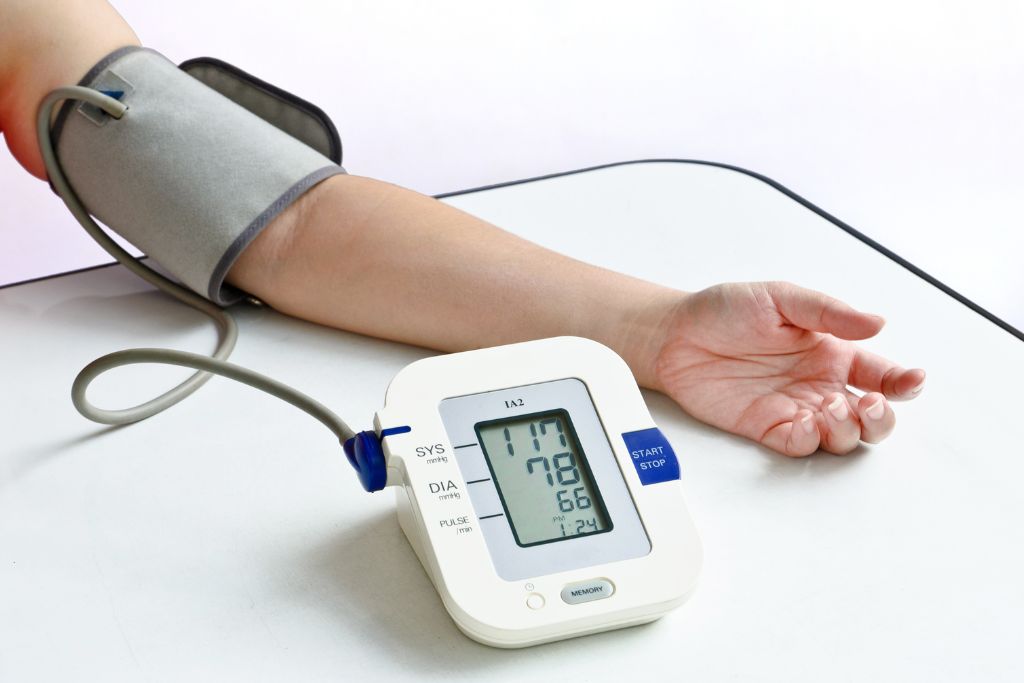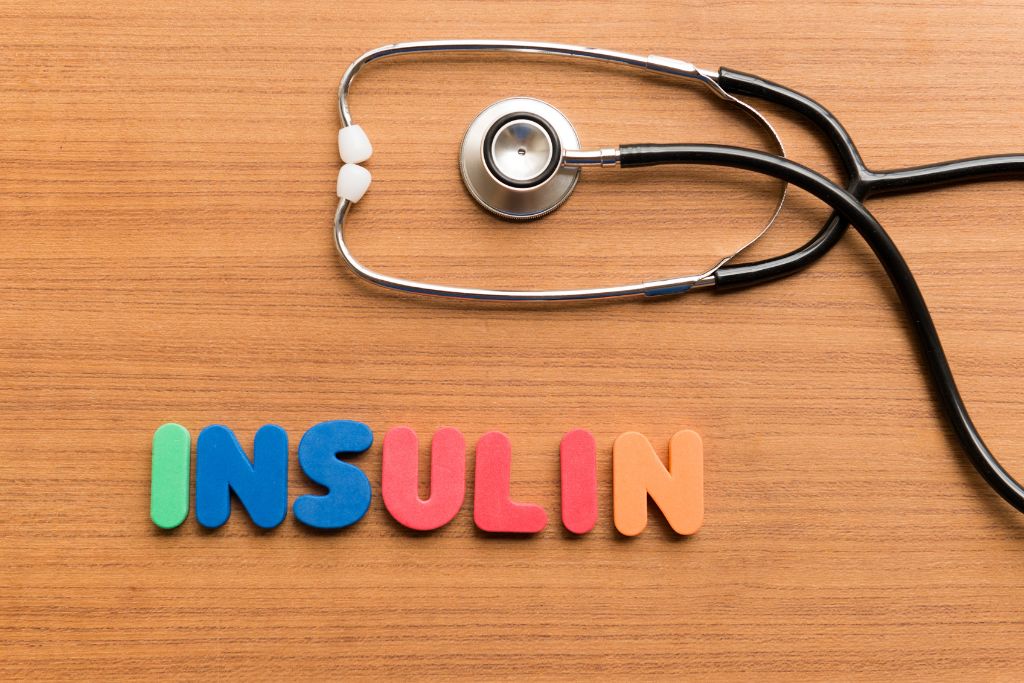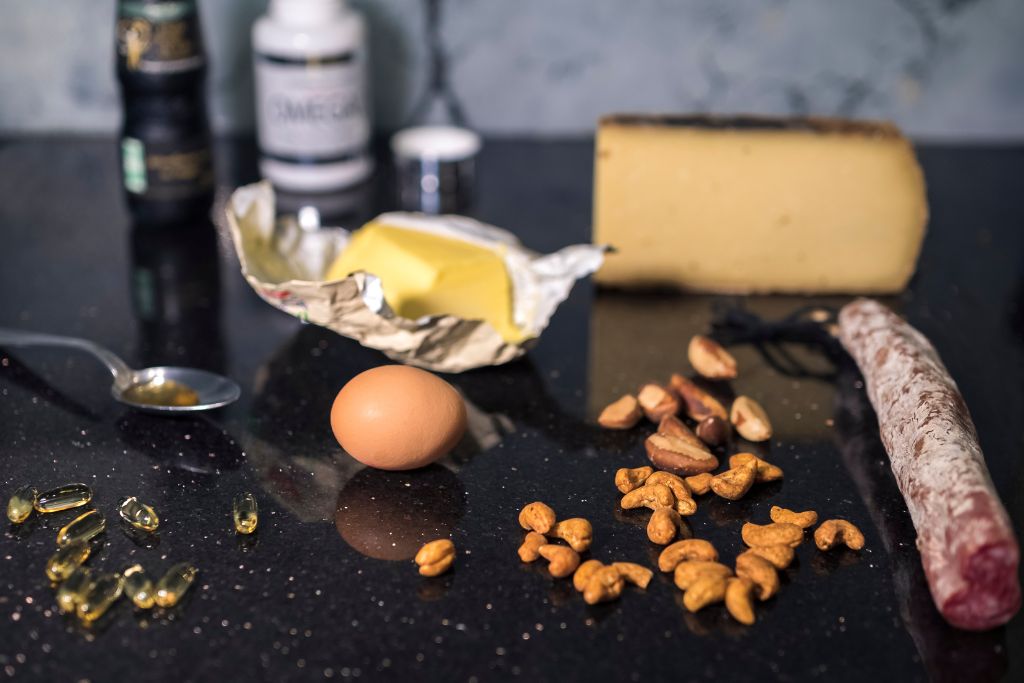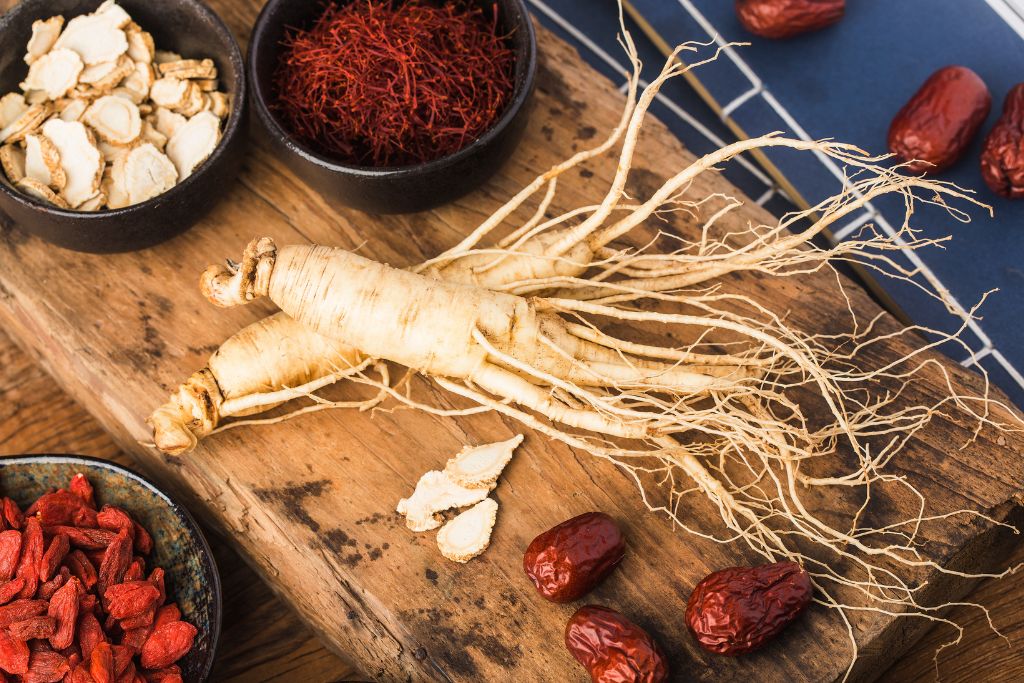Researchers at the University of California, San Diego, just finished a study that showed eating salt does not help you lose weight. But it could increase the risk of heart disease, diabetes, and high blood pressure, among other things. The researchers believe that people who cut back on salt may experience better results when they work out. This is because sodium helps regulate the water balance in the body. In addition, it helps to maintain blood pressure.
Increased blood pressure
While there are many ways to reduce your blood pressure, one of the simplest methods is to lose weight. Losing just 10 pounds can make a big difference in your health. Keeping your weight at a healthy level is one of the best ways to prevent high blood pressure from causing more serious problems down the road.
The medical community has made it clear that obesity and being overweight are associated with an increased risk of hypertension, stroke, heart disease, and other medical conditions. However, being physically fit isn’t enough to keep your blood pressure in check.

In addition to maintaining a healthy weight, you should get plenty of exercise. Aerobic exercises such as jogging, dancing, and swimming are great for your heart and lungs, while strength training two or three times a week is a good idea.
Increased visceral fat
Excess visceral fat is associated with serious medical problems such as heart disease, diabetes, and even cancer. Fortunately, there are ways to reduce it. Besides the traditional diet and exercise, there are some foods that may help.
Choosing healthy, low-calorie, high-fiber foods is an easy way to lose unwanted belly fat. Fiber also helps prevent constipation and can help lower cholesterol levels. In fact, some studies suggest that consuming fiber helps reduce the visceral fat you have.

The best way to lose belly fat is through diet and exercise. Try to include fruits, vegetables, legumes, nuts, seeds, and whole grains. You should avoid simple carbohydrates when trying to shed pounds. Exercises such as jogging, walking, swimming, or running can also help you get into shape.
Changes in insulin resistance
Insulin resistance is a condition that occurs when cells are resistant to the insulin that regulates their energy use. This may lead to many health complications including obesity, hypertension, and diabetes.
Many studies have shown that insulin resistance is related to a variety of factors. It has been found that the kidneys have a role in the development of insulin resistance.

Insulin resistance has been linked to the vascular system and immune activation. The renin-angiotensin system is also involved.
There are several ways to combat the onset of insulin resistance. Taking supplements, exercising, and changing your diet can all help. These changes can reduce the risk of developing type 2 diabetes. If you are experiencing symptoms of insulin resistance, see your doctor to determine the best course of action.
Changes in blood lipids
High salt consumption is associated with a number of health-related ailments, from high urinary sodium to increased weight. One study reported that a 1-gram increase in sodium intake is associated with a 28% increase in the risk of obesity in children. However, the relationship between salt intake and fat accumulation is less clear. In other words, there aren’t many studies that address this question.
Luckily, a new study provides insight into the relationship between salt and body weight. The study looked at changes in blood lipids and salt. It was the first randomized controlled trial of its kind.

Before the start of the trial, each participant ate a typical American diet. For two months, participants were randomly assigned to either a low-salt group or a control group. A dietician reviewed each participant’s food diaries each week.
Seasoning your food with fresh or dry herbs
If you are looking for a way to boost the flavor of your meals, herbs can help. They are known to have antioxidant properties, anti-inflammatory benefits, and cholesterol-lowering properties. These compounds may also aid in weight loss.
When used in cooking, fresh herbs add a delicate, savory taste to dishes. They can be used to add flavor and color to various meals. You can pick up herbs at farmers’ markets or natural food stores.

Dried herbs are often used in more concentrated ways. In addition, dried herbs can last for up to a year in a cool, dry place. However, it’s important to remember that herbs lose their flavor and aroma as they dry. Depending on the kind of herb, they can be stored in water in a glass jar, in a plastic bag, or on a paper towel.




